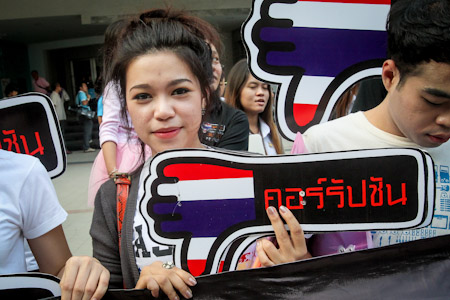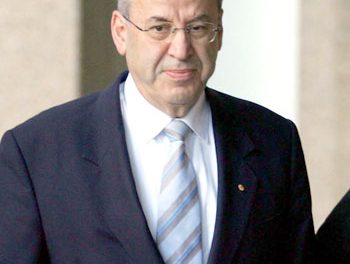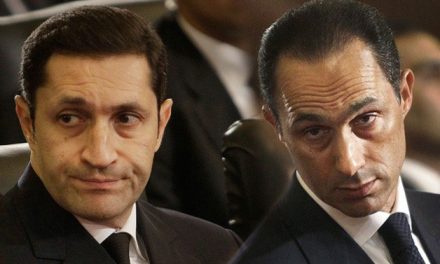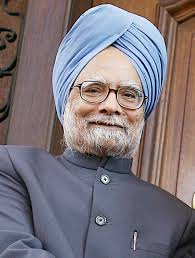Thailand: Considers death penalty for corruption
17 February 2017
Thai government is mulling over the idea of imposing death penalty by lethal injection for corruption crimes involving $28 million, under plans approved by the junta-appointed National Reform Steering Committee. A member of the committee said in a televised session that the measure must be submitted to the Cabinet, Parliament and Thailand’s Constitution committee for deliberation before it is adopted.
Analysts think that this in merely an empty gesture by the junta to show that they are serious about battling corruption. The junta is tainted with corruption. There are corruption allegations levied against the brother of Prime Minister Prayuth Chan-ocha for allegedly securing military and construction contracts for family members.
The death penalty is infrequently applied in Thailand, and was last carried out in 2009 against two men convicted of drug trafficking.
This could also a ploy to consolidate its power. The ousted prime minister Yingluck Shinawatra, is facing many corruption charges. She wrote in a Facebook post:
“The Prime Minister (Prayut) says that all the legal actions against me are based on the law and are not bullying.”
“I would like the Prime Minister to apply the same logic and justice given to me like he gives justice and protection to his brother and other people who are on his side,” she wrote. “Because the laws should be enforced for everyone, not just used only against my side.”
The proposed law could also be enforced against Thaksin Shinawatra, a former Prime Minister and the brother of ousted prime minister Yingluck Shinawatra, who is on the run.
Amnesty International has in the past condemned the move in Thailand towards expanding the death penalty. “The Thai authorities have created a fearful environment where people cannot speak or assemble peacefully without risking arrest and prosecution. The authorities have turned Thailand’s laws into tools of coercion with which to silence human rights and political activists.”, it said on its website.
Thailand ranks 76th along with Bosnia and Herzegovina, Brazil, Burkina Faso, India, Tunisia, and Zambia, in the Corruption Perception Index of Transparency International.
The British charge d’affaires, Ms Tongue, has come out in opposition of the proposed capital punishment while speaking at an anti-corruption seminar. The seminar was organised by Anti-Corruption Organisation of Thailand. The seminar featured examples from the Rolls-Royce bribery case. Rolls-Royce had paid bribes amounting to $36 million to state and airline employees to secure orders for T800 engines.
Ms Tongue urged the government to be more open and transparent and said that death penalty would not reduce corruption.
Thailand is not the only country thinking of capital punishment for corruption. China already has imposed capital punishment. But no one has been executed for corruption yet. The death sentence is usually commuted to life sentence.
Thailand: Considers death penalty for corruption















